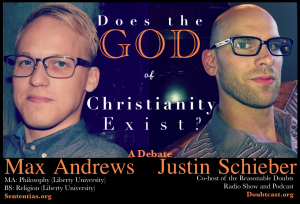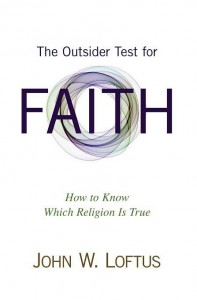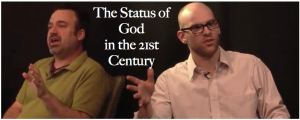 A disturbing trend is catching on among Christian fundamentalists across the nation. Couples are abandoning birth control and encouraging women to view their “wombs as weapons” in America’s culture wars. Dubbed the “quiverful” movement, these families come from different denominational backgrounds but are united in the hope that by out breeding the competition they might stem the tide of secularism. Vyckie Garrison once made her living promoting this extreme patriarchal view of the family. But as the arrows in her quiver multiplied the quiverful lifestyle began to take its toll on her mental and physical health. Today she runs No Longer Quivering, a blog devoted to exposing the hidden struggles of quiverful families and to support those trying to escape. Also on this episode: the crisis in Syria has prophecy buffs combing the scriptures, an advice show for Catholic fathers explains why girls shouldn’t be allowed to attend college, and a mustache to die for infuriates the Taliban.
A disturbing trend is catching on among Christian fundamentalists across the nation. Couples are abandoning birth control and encouraging women to view their “wombs as weapons” in America’s culture wars. Dubbed the “quiverful” movement, these families come from different denominational backgrounds but are united in the hope that by out breeding the competition they might stem the tide of secularism. Vyckie Garrison once made her living promoting this extreme patriarchal view of the family. But as the arrows in her quiver multiplied the quiverful lifestyle began to take its toll on her mental and physical health. Today she runs No Longer Quivering, a blog devoted to exposing the hidden struggles of quiverful families and to support those trying to escape. Also on this episode: the crisis in Syria has prophecy buffs combing the scriptures, an advice show for Catholic fathers explains why girls shouldn’t be allowed to attend college, and a mustache to die for infuriates the Taliban.
Or subscribe and listen in iTunes or any podcast client:


 This RD extra features a lecture by Luke Galen “A Skeptical Review of Religious Prosociality” delivered to CFI Michigan June 26th 2013
This RD extra features a lecture by Luke Galen “A Skeptical Review of Religious Prosociality” delivered to CFI Michigan June 26th 2013

